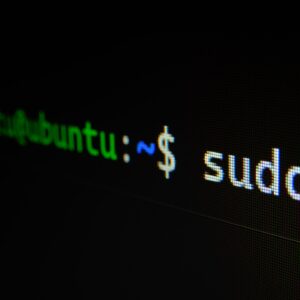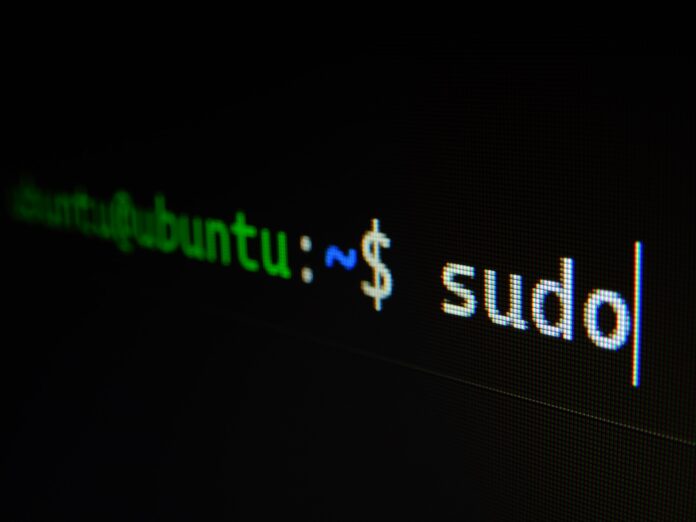 Most users are content with either Windows or MacOS, as these are all they know. But what if you’re tired of the hand-holding or want to make changes to the OS that are more than skin-deep? Or maybe you just don’t want to give the likes of Apple and Microsoft your patronage anymore. Whatever your reasons, here are seven compelling arguments why you should embrace Linux instead!
Most users are content with either Windows or MacOS, as these are all they know. But what if you’re tired of the hand-holding or want to make changes to the OS that are more than skin-deep? Or maybe you just don’t want to give the likes of Apple and Microsoft your patronage anymore. Whatever your reasons, here are seven compelling arguments why you should embrace Linux instead!
1. It’s Free & Open-Source
Since its inception, developers have treated Linux as a gift to the world. You don’t have to pay to install it and can do so on as many devices as you need. Anyone can develop Linux applications or an entire distribution without worrying about breaching a user agreement. You can upload your creations for others to use and modify further.
2. It’s Easy to Use
All the talk about terminals, command lines, and package management might make you think Linux is only for techies. While it certainly can be the most technically involved OS, setting Linux up is straightforward. Linux developers are putting lots of effort into making more operations accessible for new users. You don’t even need to install programs via the terminal anymore and can use an app store-like browser instead.
3. Peerless System Stability
You’d think that customization and modularity would make Linux more prone to BSODs and other technical difficulties. In reality, modularity is partly responsible for high uptimes since one malfunctioning component can’t crash the whole system. Obsolete or faulty drivers are another issue that plagues other systems more. Most Linux drivers are open-source, so current and stable versions are likelier.
4. And Security
Linux has an impressive array of protections that make it the most secure desktop OS. Few people use it yet, so few cybercriminals write viruses and malware that don’t target servers. Moreover, you can’t install software unless you use a package manager that has already approved and checked it for harmful code.
The developers are also users with a vested interest in keeping their favorite distros safe. Even though anyone can access and modify the code, security-conscious developers identify and patch exploits quicker than on competing OSs.
Of course, system security doesn’t automatically mean you’ve nothing to worry about. For example, your online accounts are still susceptible to data breach incidents. Also, someone who gets a hold of your root password could access all the files on your machine. For that, you can download a password manager on Linux, just like you would do on any other operating system. They’re an excellent cybersecurity upgrade to install as you’re setting your distro up.
Having a manager replace your outdated and potentially compromised passwords is straightforward & quick. You can set up regular password changes and add as many accounts as you like while being sure you’ll never use a repeat or easily guessable password again.
5. It Can Run on Old Hardware
Calling Linux lightweight would be an understatement. The kernel at its core requires barely any resources, so distros exist that require as little as 128MB of RAM and as much disk space. And you thought that a 20-year-old PC collecting dust in the garage wasn’t good for anything anymore!
6. Unparalleled Freedom of Choice
Distributions, AKA distros, are another feature Linux enthusiasts gush about. Think of them as different flavors of the same product, collections of customized GUIs, shells, app packages, and more designed to excel at varied tasks.
Ubuntu is easy for beginners to pick up, while Arch is at the forefront of Linux development. Gamers will get a kick out of Nobara, while cybersecurity nerds use Kali Linux for pen testing. You can always switch to a new distro or take one for a test drive while running it off a USB stick. You might even contribute to a well-known distro or create your own with time.
7. You’re Likely Already Using It
Linux might still be a niche OS in the desktop and laptop space, but it’s a major player everywhere else. It dominates the web server OS market and is the OS of choice on Raspberry Pi devices. If you own an Android phone, you’re also a Linux user!





